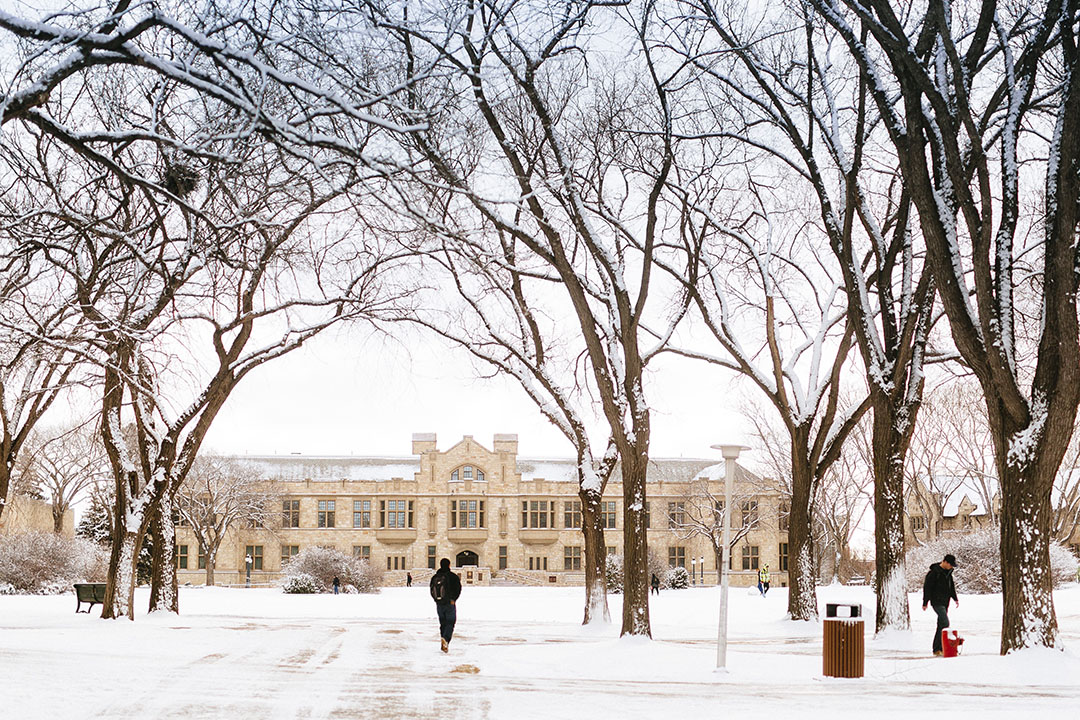To add clarity to the negotiations, the university is highlighting details of a pair of proposals that were recently rejected by CUPE 1975 bargaining team. Both university proposals include signing bonus options of either $3,000 or $1,500 in lieu of retroactive pay, as well as two per cent raises in 2019 and 2020. The offer also includes doubling the annual flexible spending benefit, the addition of paid days off over the Christmas break, as well as earlier increases to vacation benefits.
The new wage increases are on top of the eight per cent salary hike that the 80 per cent of all CUPE 1975 members have received since 2016, as a result of the two per cent annual incremental increases that are already built into the current agreement. Combined with the new two per cent annual offer from the university, the vast majority of CUPE 1975 employees will effectively receive 3-4 per cent wage increases in 2019 and 2020. The new proposal also allows for continued salary growth to ensure all employees are eligible for wage increases.
“From our perspective, we have tabled a good offer that is not only fair, but competitive,” said University of Saskatchewan Chief Communications Officer Gord Hunchak. “The university highly values all of its employees and wants to ensure that all of its employees have a solid and sustainable pension plan in place. I want to be clear that no one’s pension is being taken away. All pension contributions employees have under the current plan will remain in place for their retirement, and any pension changes would only apply to contributions moving forward.”
The university has been working for the past 10 years to try to find a financially sustainable solution to the pension plan and have tabled more than a dozen offers to CUPE 1975 during this timeframe. The university, like most institutions, has been moving towards more sustainable pension plans, with this being the last open defined benefit pension plan on campus since the year 2000.
“The current plan is not fiscally responsible and we need to make a change,” said Hunchak. “The pension discussions have been happening with CUPE 1975 in recognition of that for a good part of the last decade.”
“It was good to see them come to the table with a new pension proposal, which was their acknowledgement that the current plan no longer is sustainable. However, when we looked closely at the projections, the risk was still on the side of the university, and there was an unacceptable level of cost uncertainty. As we plan over the next number of years and decades, that is the kind of cost uncertainty that the university can no longer afford.”
While CUPE 1975 recently walked away from the bargaining table, which then concluded mandatory mediation, the university remains committed to negotiating a deal and would welcome the union returning to the table to continue discussions.
The university, which pays employees who are members of CUPE 1975 on average two per cent above the market rate for similar positions locally, regionally and nationally, does have contingency plans in place and assures students that classes will continue during any possible job action.
“The university’s priority is to minimize any disruption to our students and the health and safety of our campus community,” said Hunchak. “We will be prioritizing services that focus on student well-being and the support and critical care of patients at our health-care facilities at the university as well as animals on campus.”
Prior to any potential job action, an essential services agreement needs to be reached. CUPE 1975 has indicated its members do not provide essential services and does not believe an agreement is required under provincial legislation. However, the university is adamant that the institution is a public employer and that CUPE 1975 members provide critical essential services to ensure the safety and security of students, faculty, staff and the public, particularly patients at health facilities on our premises including the Saskatoon Cancer Centre and Royal University Hospital. This dispute is now in front of an Essential Services Tribunal for a binding decision, with preliminary motions to be heard on Feb. 28.
Complete details on the university’s proposals and bargaining updates are posted on our website.
